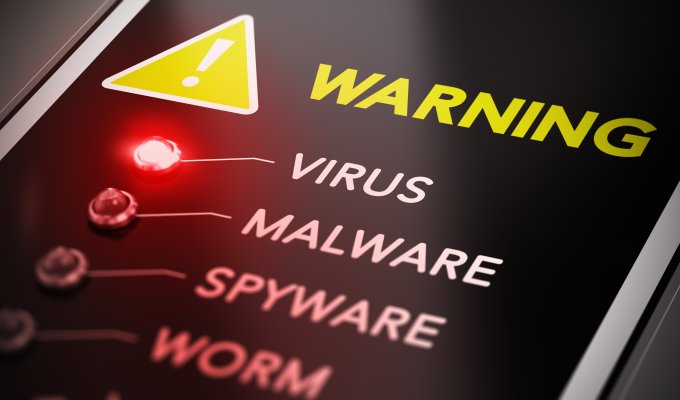One of the common risks of regularly browsing the internet and downloading content is the possibility of downloading viruses. Viruses are rogue software that infect your files and programs. That often leads to frequent bugs, crashes, and even corrupted software.
Once a virus is downloaded to your system, it will attach itself to a certain document or program. It will remain dormant until your start the actual program. It then activates the virus code and infects your other files along with other computers on the same network.
These viruses will not only damage your software but will also try to steal information (passwords and confidential information), spam your emails, log your keyboard inputs, and perform other harmful activities. In the worst cases, virus can result to some crucial information on your computer being deleted altogether. In the worst-case scenario, the only action left to do is to have a full reformat. We have compiled a list of the best antivirus software for you and we will continue to update it as the antivirus industry changes at a very fast pace.
How do you get viruses?
Downloading a virus is very common nowadays because of how hackers hide it all throughout the internet. The following are the most common ways of getting a virus:
- Downloading additional software without reading – You may notice that as you browse websites, pop-up ads will appear telling you about the need to download software and additional files you may not be looking for. By clicking them, you may accidentally download them. This is why you should always check all the information written in the installation process
- Downloading infected software – This is one way to receive viruses that are hard to detect. This is because some files you see online may appear safe at first but later harbor viruses once you open them. This is why it is important to run the application first through an antivirus or anti-malware application to make sure it is free from any harmful software
- Infected e-mail attachments – Before opening an e-mail, make sure that the sender is someone you know. It is also better if the e-mail is encrypted for additional security. This is because some e-mail attachments sent can contain harmful coding that will damage your computer once downloaded
- Infected external drives – One of the common ways of infecting your computer is by inserting/connecting an infected disk, USB, or any external drives. Once you open the infected files stored on them, you may risk infecting any future external drives
- Clicking on unknown websites – Sometimes, you can even download viruses even by just clicking on unknown links. This is because some links are made for instant downloading. In this case, immediately try to delete the file from your Downloads folder. Do not open it as to prevent the virus from spreading to your other files
- Not updating your computer – You should take note of the fact that Microsoft Windows is already equipped with tools to avoid viruses from easily entering and corrupting your system, through the Microsoft Firewall and Windows Defender. This is why it is important for you to constantly update them. Also, make sure that the plug-ins that are installed in your browser are all safe
- Pirated files – No matter how tempting it is, you should always avoid downloading pirated files. This is because it is common for these to contain viruses, malware, and spyware which may hurt your computer in the long run. Examples of pirated content include movies, music, or applications
- Lack of antivirus program – Downloading an antivirus program is helpful in making sure that malware and viruses will be quarantined in your computer. This is because it is useful for the scanning, quarantine, and deletion of these harmful software. Aside from the applications provided by Microsoft Windows, it is better to have another program as well
Symptoms of Viruses
The viruses in your computer may remain dormant even after a while if you do not open the application that they currently inhabit. Therefore, it is important for you to detect their presence even before they attack your system.
However, some viruses may already infect your files if you accidentally open the application they inhibit. Here are some of the symptoms of a virus infecting your computer:
- Frequent system crashing – Viruses can cause your hard drive to continuously malfunction. This results to frequent freezing and crashing. This happens even without running a lot of applications
- Pop-up windows – Having pop-up ads opened by your browser without your consent is an immediate guarantee that a virus is in your system. This is usually done by advertising third-parties
- Homepage changes – You may also have your browser homepage change to a different website. Often, it is changed to unfamiliar websites that are not encrypted
- Slow performance – The virus on your computer may cause the system to have a slower performance





